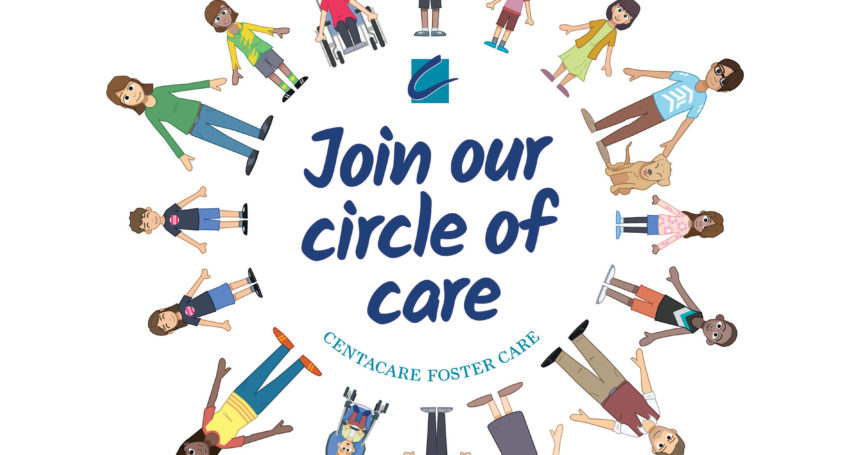Heart-breaking statistics on children in care
Opinion
According to the Guardian for Children and Young People (GCYP), as of June 30 last year there were 4136 children and young people in out of home care in South Australia.

Of those children and young people, 601 were living in residential care, which is 14.5 per cent of the care population. That’s 601 children going to bed at night and waking up the next morning with a different person caring for them. That’s 601 children without anyone providing stable and nurturing care on a consistent basis.
According to the GCYP, South Australia continues to have the highest reliance on residential care in Australia, with the national average being 6.5 per cent.
Advertisement
This is a frightening statistic for the third most liveable city in the world! It highlights the invisible nature of generational social problems in our midst and the impact of drug and alcohol abuse, domestic violence and mental illness on young children.
Residential Care is described by Child Protection SA an out-of-home care placement option providing temporary, short-term, long-term or immediate response accommodation and support to children and young people who have been removed from the family home. It involves communal living with rostered workers on day/night shifts and on-call arrangements.
The GCYP has reported that safety and stability continues to be the biggest advocacy issue raised by children and young people in care, with the highest number of concerns coming from those living in residential care.
The most commonly reported safety issues included fear of, and risks posed by, co-residents, due to bullying, intimidation, threats of harm, physical assaults, harmful sexual behaviour, verbal abuse, witnessing property damage and being pressured/coerced to engage in substance abuse and criminal activity.
These concerns often arose from inadequate and sometimes rushed placement matching, which was usually the result of limited placement options.
It’s an issue that must cause many a sleepless night for those working in child protection in our State, including staff at Centacare Catholic Family Services which runs a highly respected Foster Care program and is in constant need of more carers.
The program’s executive manager recently spoke passionately to our Catholic Charities committee, which provides funding to Centacare each year, about the challenges facing the sector. Aside from the growing number of children in temporary accommodation, there is also a need for financial assistance for foster carers having to purchase items for babies and young children such as cots, pushers and furniture.
The Centacare Foster Care Program provides full-time and respite foster care for children aged 0-17 years in immediate, short term reunification and long term placements.
The organisation recently launched a new campaign to encourage people to join its ‘Circle of Care’.
The campaign is aimed at raising awareness of the need for more foster carers, and the different types of care that households can provide to help children of all ages.
Advertisement
More than half of the children waiting for foster homes across the State are aged five to nine years old.
There is a preference for infants among foster carers, perhaps because of the perception that older children are more challenging to care for than babies. This has made it more difficult for Centacare to place children aged between 2–12, despite the increasing need.
And yet foster carers regularly highlight the benefits of nurturing children of this age because it’s a time when they are engaged at school, learning to read and write and experience new activities.
It is heart-breaking to think there are children in our own community who at this very moment aren’t in a safe and stable family environment.
The statistics are just that, statistics. The children at risk are real.
If you are interested in being a foster carer with Centacare, call 8159 2400 or email fostercareenquiries@centacare.org.au.








Comments
Show comments Hide comments